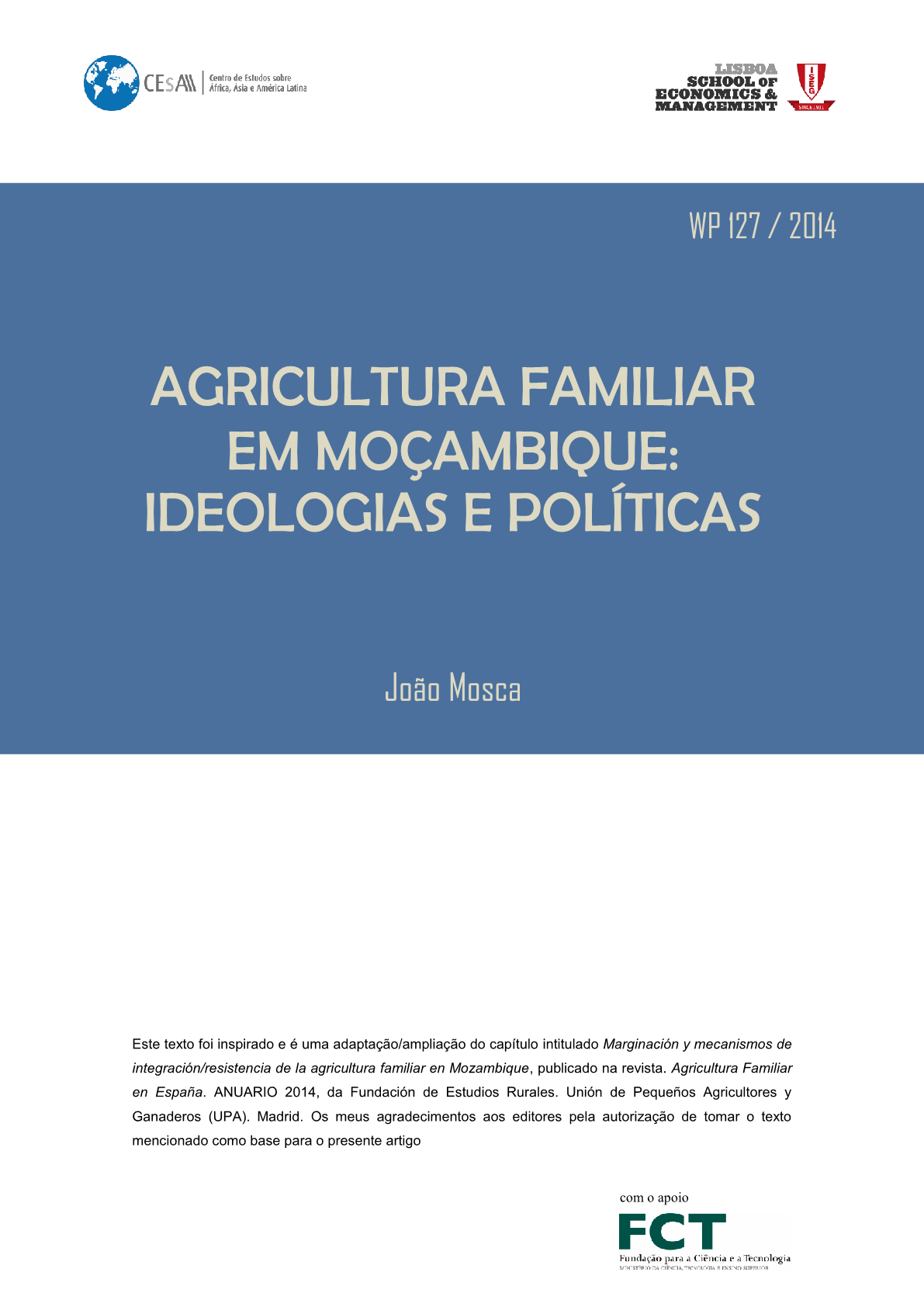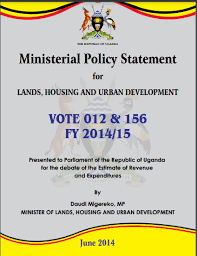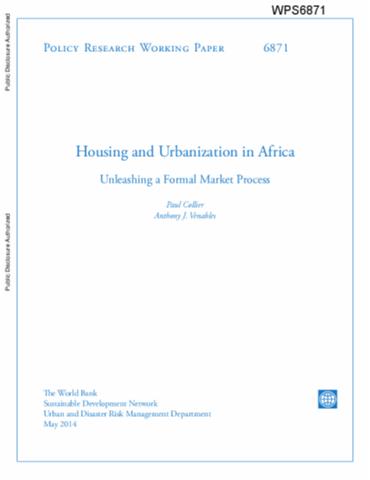Social Impacts of Costa Rica's PSA Program
This paper discusses the social impacts
of Costa Rica's Payments for Environmental Services
(PSA) program and their effect on rural poverty. Although
the analysis is hampered by significant information gaps, we
believe that the PSA Program has probably managed to have an
impact on the poor. This impact is almost certainly positive
on the poor who were able to participate, but is difficult
to quantify. However, except for very few cases, it seems




